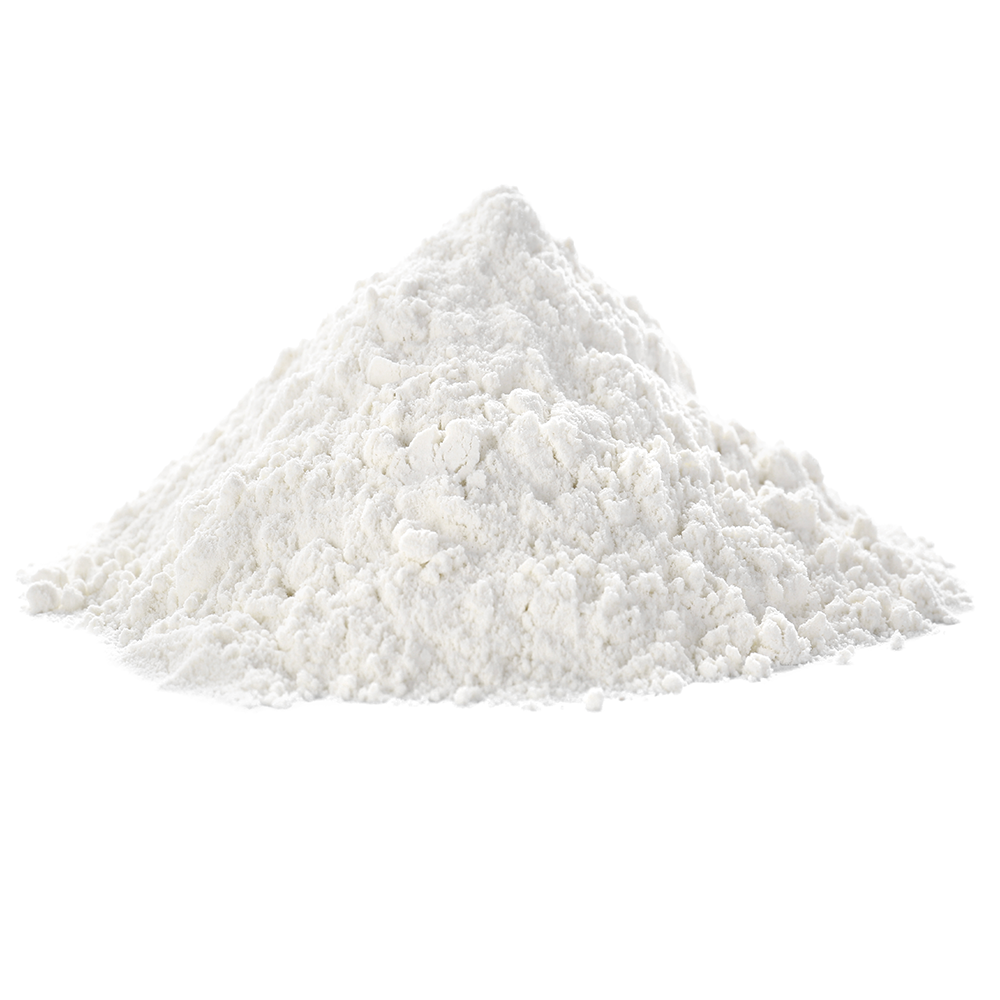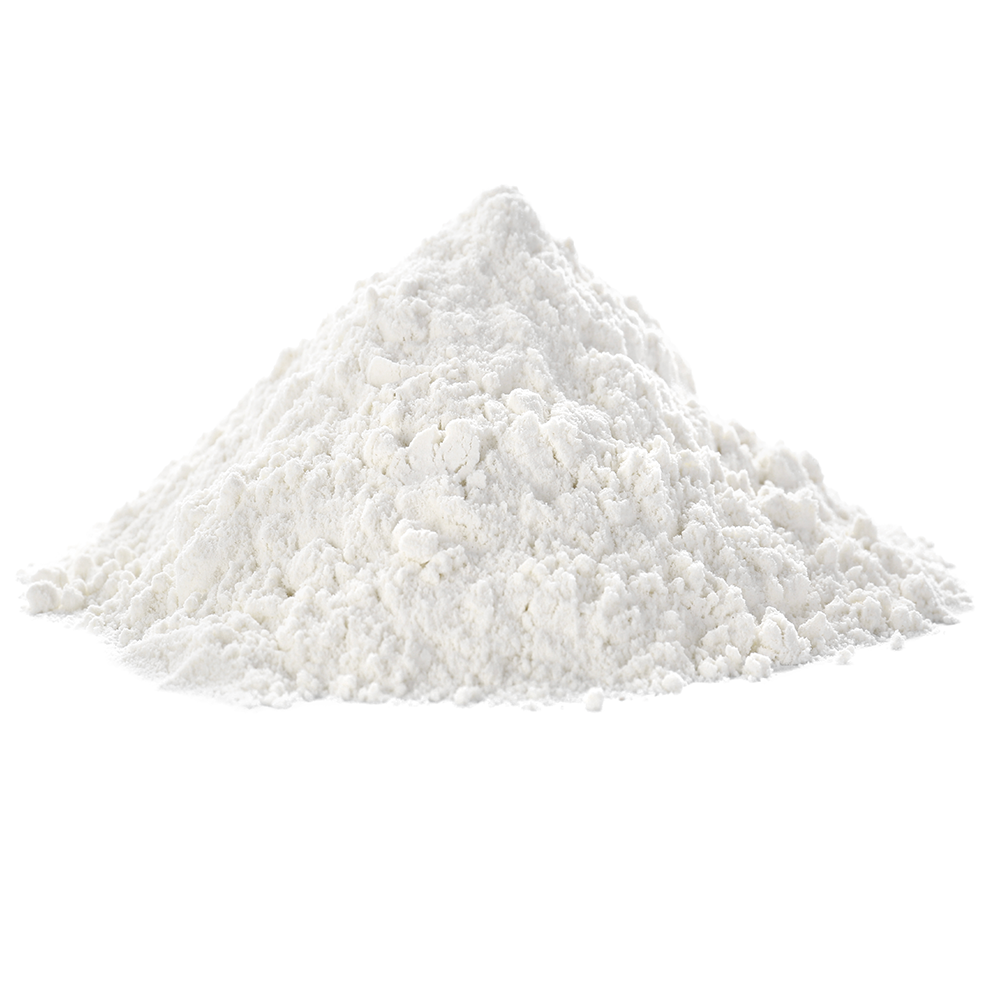Zinc: Immune Boosting Benefits For Winter
Zinc is a trace mineral that has enormous value to our health and our body’s overall composition. Zinc is especially important during periods of rapid growth because it helps our cells multiply and grow. Examples of these periods would be childhood, adolescence, and pregnancy. As we enter winter, ensuring you have the proper amount of Zinc in your system is advantageous for supporting a healthy immune system. Getting through winter without catching a bug can be a remarkable feat, which is why Zinc should be a part of your daily supplement regimen during this time of year.
Zinc plays a significant part in:
- Creating DNA
- Growing cells
- Healing damaged tissue
- Building Proteins
- Supporting our immune system1
Our body does not naturally produce Zinc, so we need to get this essential trace mineral from either the foods we eat or through supplementation. Our body also does not store excess Zinc, so it needs to be replenished consistently. Zinc can be found in both animal and plant foods. An excellent example of where you can receive Zinc is in fortified breakfast cereals or snack bars. To ensure you are getting the proper amount of Zinc, Zinc supplements and multi-nutrient supplements containing Zinc are available on the market.
Foods That Contain Zinc
If you choose to obtain Zinc through your diet, it is essential to know which foods contain the highest levels of this mineral. Here are some of the foods that are excellent sources of Zinc:
- Oysters
- Lamb
- Steak
- Pumpkin Seeds
- Crab
- Cheese
- Almonds
- Uncooked Oats
- Lobster
The Importance Of Zinc In Our Body
Following Iron, Zinc is the most bountiful trace mineral in our body. There are over 300 enzymes whose activity is dependent on Zinc. These enzymes aid in the following:
- Digestion
- Metabolism
- Nerve function
- Immunity
- Numerous other processes
Because of dietary intake or lack of supplements, 2 billion people globally are deficient in Zinc2. This is not a good situation because lacking Zinc impairs our immune system. These are those who are at risk of Zinc-deficiency:
- Those who are vegetarians or vegans.
- Pregnant or breast-feeding women.
- Those who are malnourished.
- Bulimics or anorexics .
- Those with gastrointestinal diseases.
- Those with chronic kidney disease.
- Alcoholics or those who abuse alcohol3.
Zinc And The Immune System
When we think of fighting off colds, most of us think of supplementing with Vitamin C. Vitamin C is not the only nutrient that is helpful when it comes to boosting your immune system and keeping you healthy. Recent research suggests that Zinc can be helpful in keeping viruses at bay by fending off foreign substances and toxins that threaten our health4.
Due to the many biochemical functions that Zinc interacts with, scientists have found it difficult to reliably identify biomarkers for the status of Zinc in our bodies. One of the critical functions of Zinc is its effect on our immune system. Zinc is necessary for the functioning and developing of immune cells within our immune system. Zinc homeostasis, or balance, is finely tuned within each cell. If this balance is off, the results are a compromised immune response. This is when we see infections, allergies, autoimmune diseases, and cancers arise5.
How Much Zinc Do We Need?
With Zinc, a little can go a long way, but the flip side to that coin is that you can quickly slide into Zinc deficiency. Here are some of the symptoms that will arise if you lack an adequate supply of Zinc in your body:
- Weight Loss
- Hair Loss
- Brittle Nails
- Difficulty Concentrating
- Decreased Sense of Taste & Smell
- Acne
As mentioned above, vegetarians and vegans are at risk for Zinc deficiency. This is because many of the natural foods in which Zinc is found are red meat, poultry, and seafood. Adding a Zinc supplement to a daily regimen would benefit those who follow this dietary lifestyle.
Now that we know the importance of this essential trace mineral and how it plays a role in many areas of our health, keeping a lookout for Zinc in the foods we consume or the supplements we chose to take can alleviate future health issues and keep you healthy throughout the winter.
References
- The Nutrition Source: Zinc, https://www.hsph.harvard.edu/nutritionsource/zinc/#:~:text=Zinc%20is%20a%20trace%20mineral,supporting%20a%20healthy%20immune%20system.
- Mechanistic Impact of Zinc Deficiency in Human Development, https://www.frontiersin.org/articles/10.3389/fnut.2022.717064/full#:~:text=Globally%2C%20it%20is%20estimated%20that,deficient%20food%20commodities%20(7).
- Zinc: Everything You Need To Know, https://www.healthline.com/nutrition/zinc.
- 10 Benefits of Zinc, https://10faq.com/health/benefits-of-zinc/3/.
- Zinc and the Immune System, https://link.springer.com/chapter/10.1007/978-3-030-16073-9_8.
- 5 Zinc Benefits and Why You Need It In Your Diet, https://www.bannerhealth.com/healthcareblog/teach-me/5-zinc-benefits-and-why-you-need-it-in-your-diet.









